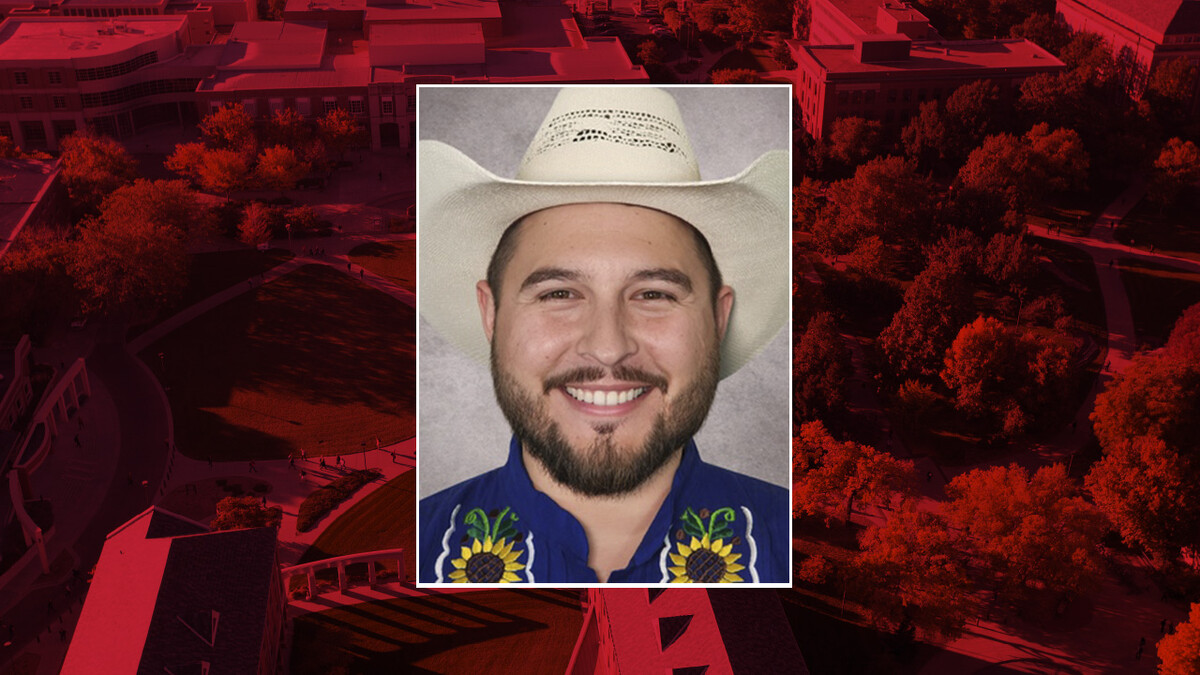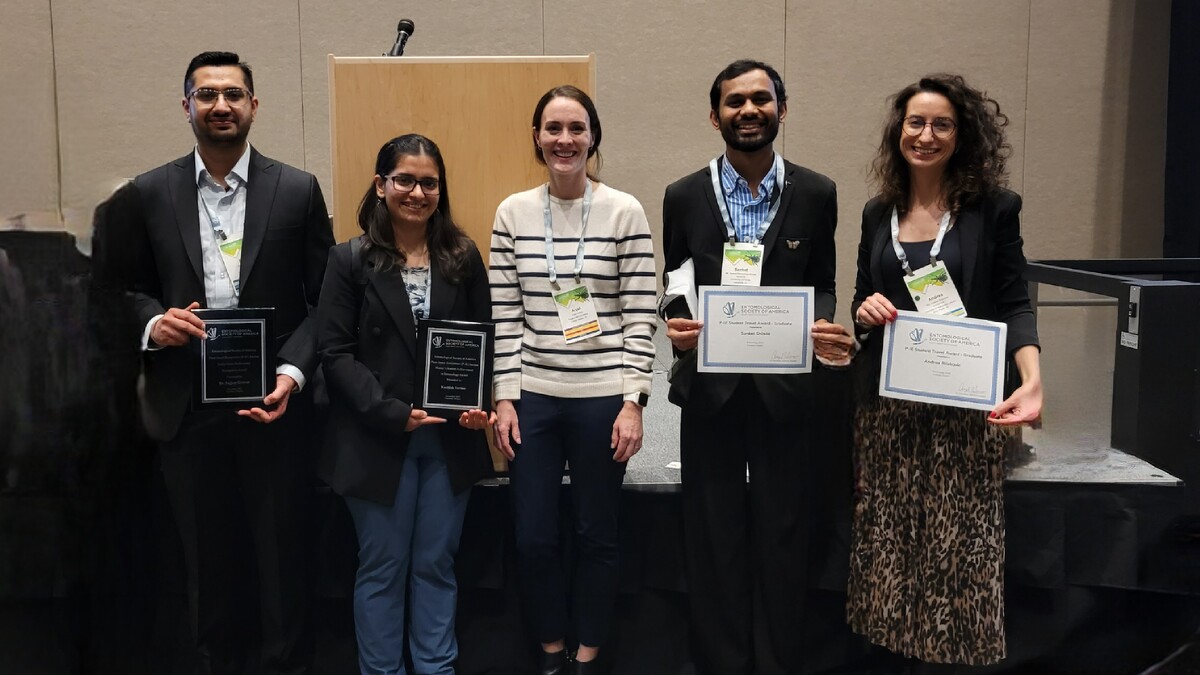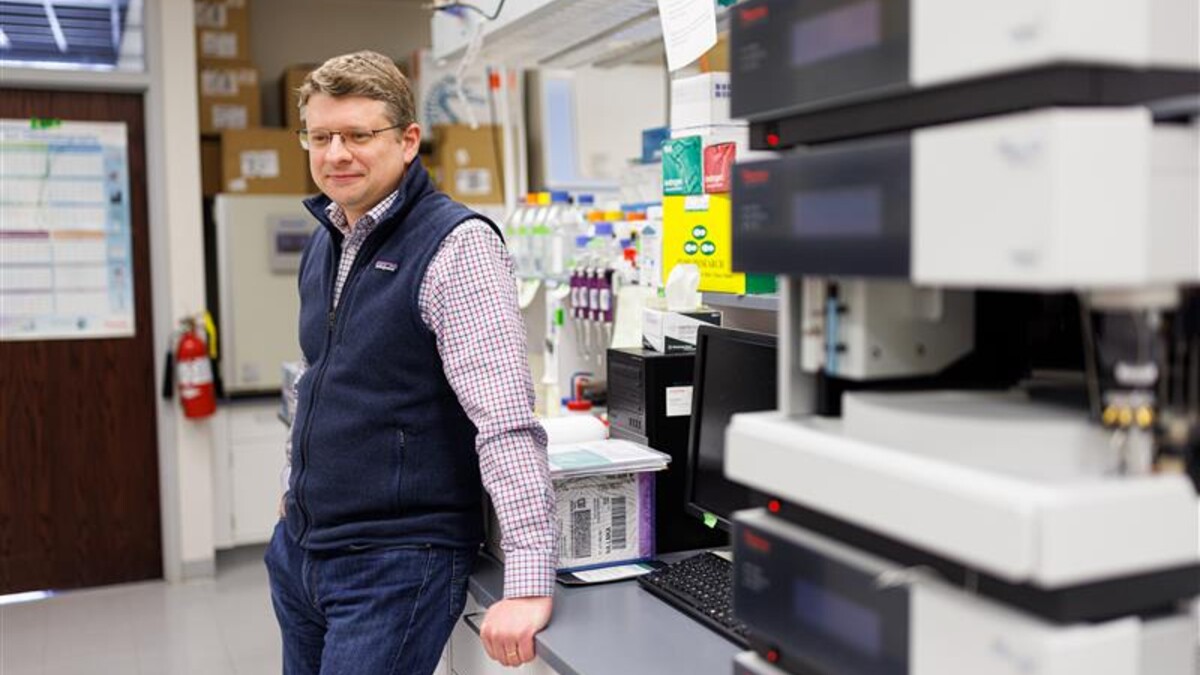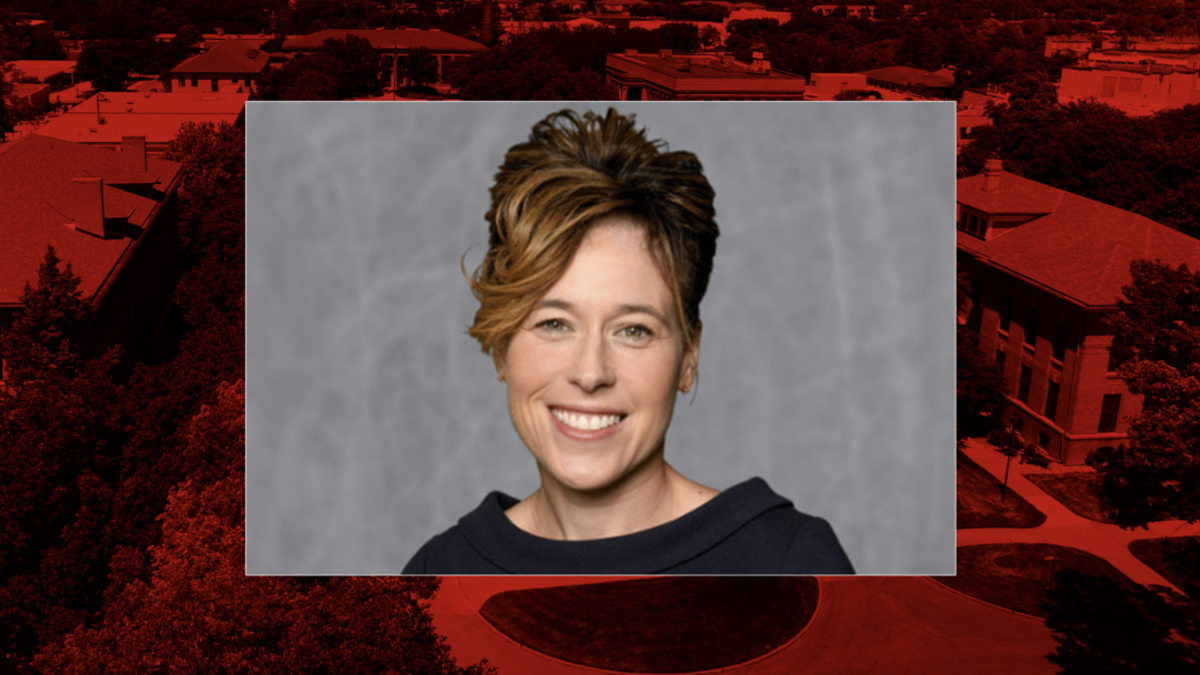
March 8, 2017
Lincoln, Neb. — Eleven research universities, including the University of Nebraska–Lincoln, are calling for stronger federal support of the food and agricultural sciences through a new report, Retaking the Field—Strengthening the Science of Farm and Food Production. The report explores projects funded by the USDA National Institute of Food and Agriculture’s (NIFA) Agriculture and Food Research Initiative (AFRI) at each institution, including research from Daniel Ciobanu, associate professor in the Department of Animal Science.
The new Retaking the Field report— the second in a series from the Supporters of Agricultural Research (SoAR) Foundation — shows how scientists are solving some of the thorniest questions in food production despite the USDA’s limited research budget. Even as the research budget for all federal agencies has climbed, USDA’s share has nearly been cut in half.
“The drought in federal funding of food and agricultural research still exists,” said Thomas Grumbly, president of the SoAR Foundation. “USDA’s AFRI program, the agency’s premier source of competitively awarded grants, generates the science that keeps our farms healthy. But farmers need a flood of research breakthroughs, and AFRI’s limited budget only allows for a trickle.”
Ciobanu's research highlighted in the report focuses on pig fertility. Ciobanu and his team found that sows expressing age at puberty early in life produce more litters during their lifetime. They assume the same genes influence both traits. However, collecting age at puberty is tedious and time consuming and not embraced by the industry. Ciobanu’s laboratory analyzed the problem through the lens of molecular and statistical genetics and developed a practical solution.
“DNA marker technology is fascinating,” Ciobanu said. “You can predict at day one, with certain probabilities, which sows will have high fertility potential.”
The researchers examined the genome of hundreds of sows using 60,000 DNA markers to determine which genes and markers are responsible for the onset of puberty. They then evaluated how early puberty and reproductive longevity could be predicted using a combination of DNA markers associated with the largest effects.
Other research teams profiled in Retaking the Field come from Cornell University, Iowa State University, Kansas State University, Michigan State University, North Carolina Agricultural and Technical University, Ohio State University, Pennsylvania State University, Texas A&M University, Virginia Polytechnic Institute and State University and the University of California, Davis.
The SoAR Foundation leads a non-partisan coalition representing more than 6 million farming families, 100,000 scientists, hundreds of colleges and universities as well as consumers, veterinarians, and others. SoAR educates stakeholders about the importance of food and agricultural research to feed America and the world and advocates for full funding of USDA’s Agriculture Food and Research Initiative (AFRI). SoAR supports increased federal investments to encourage top scientists to create agricultural solutions that improve public health, strengthen national security, and enhance U.S. economic competitiveness.
For more information on Retaking the Field, visit http://supportagresearch.org/retakingthefield/.
Contact:Daniel C. Ciobanu
Associate Professor
Department of Animal Science
402-472-8066
dciobanu2@unl.edu







